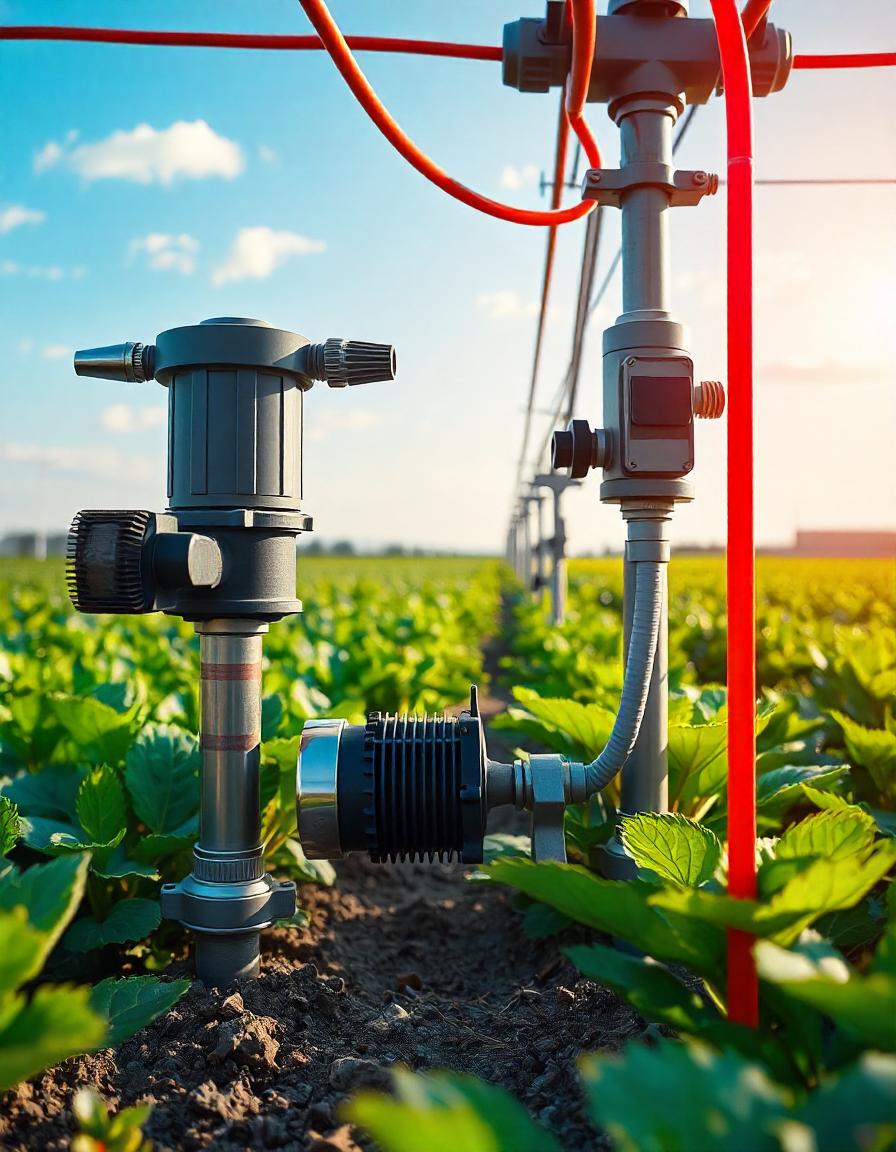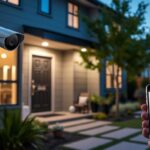Smart irrigation systems are changing the way we water our gardens and farms. These modern watering systems use special technology to save water and help you spend less money on your water bills. In this article, we’ll explain how these systems work and why they’re a smart choice for your home or business.
Contents
What is a Smart Irrigation System?
A smart irrigation system is like a high-tech sprinkler that thinks for itself. Instead of just turning on at set times, it uses sensors and weather data to decide when and how much to water your plants. Think of it as a smart assistant for your garden that makes sure your plants get just the right amount of water – not too much and not too little.
Key Parts of a Smart Irrigation System:
- Smart controller (the brain of the system)
- Soil moisture sensors
- Weather sensors
- Mobile app control
- Smart sprinkler heads
- Flow meters
How Much Water Can You Save?
Studies show that smart irrigation systems can save a lot of water. Here’s what the research tells us:
| Type of Property | Average Water Savings | Money Savings Per Year |
|---|---|---|
| Small Home Garden | 30-50% | $200-400 |
| Large Home Lawn | 45-65% | $300-600 |
| Small Farm | 50-70% | $1,000-2,500 |
| Golf Course | 60-80% | $5,000-15,000 |
Data based on average U.S. water rates and typical usage patterns
How These Systems Save Water
1. Weather-Based Watering
Smart systems check the weather forecast and automatically skip watering when it’s going to rain. They also water less on cool days and more on hot days. This means:
- No more sprinklers running in the rain
- Less water waste on windy days
- Perfect watering amounts based on temperature
2. Soil Moisture Tracking
Special sensors in the ground measure how wet or dry the soil is. This helps the system:
- Water only when plants really need it
- Stop watering when the soil is wet enough
- Prevent overwatering that can hurt plants
3. Smart Scheduling
The system learns the best times to water your plants by looking at:
- Local weather patterns
- Type of plants you have
- Soil type
- Sun exposure
- Slope of your land
Cost Savings Breakdown
Let’s look at how much money you can save with a smart irrigation system for a typical home:
Initial Costs:
- Basic system: $500-1,000
- Professional installation: $500-1,500
- Total upfront cost: $1,000-2,500
Yearly Savings:
- Water Bill Reduction:
- Average water bill savings: 40%
- Typical yearly savings: $300-500
- Plant Replacement Savings:
- Less plant loss from over/under watering
- Yearly savings on plant replacement: $100-200
- Maintenance Savings:
- Fewer repairs needed
- Less frequent system adjustments
- Yearly savings: $50-150
Return on Investment Timeline:
Most homeowners recover their initial investment within 2-4 years through water and maintenance savings.
Real-World Success Stories
Case Study 1: California Home
A family in San Diego installed a smart irrigation system in 2022:
- Before: Used 75,000 gallons per year for irrigation
- After: Uses 45,000 gallons per year
- Water savings: 40%
- Money saved in first year: $450
Case Study 2: Community Park
A public park in Texas switched to smart irrigation:
- Water usage dropped by 55%
- Saved $12,000 in the first year
- Plants looked healthier
- Less maintenance needed
Environmental Benefits
Besides saving money, smart irrigation helps the environment by:
- Reducing water waste
- Lowering energy use for water pumping
- Preventing fertilizer runoff
- Protecting groundwater supplies
Tips for Choosing a Smart Irrigation System
When buying a smart irrigation system, look for:
Must-Have Features:
- Easy-to-use mobile app
- Rain sensor
- Automatic scheduling
- Flow monitoring
- Local weather integration
Nice-to-Have Features:
- Zone-by-zone control
- Leak detection
- Usage reports
- Smart home integration
- Remote troubleshooting
Simple Steps to Get Started
- Check your current water usage
- Get quotes from several installers
- Look for rebates from your water company
- Choose a system that fits your needs
- Schedule installation for off-season (usually fall or winter)
- Learn how to use the app and basic controls
- Monitor savings over the first few months
Conclusion:
Smart irrigation systems are a great investment for anyone who wants to save water and money. While they cost more upfront than basic sprinklers, the water savings and easier maintenance make them worth it in the long run. With water prices going up in many areas, these systems are becoming more popular every year.
By using weather data, soil sensors, and smart scheduling, these systems take the guesswork out of watering your lawn or garden. They help you use just the right amount of water, keeping your plants healthy while protecting the environment and your wallet.
Remember, the best system for you depends on your specific needs, budget, and property size. Take time to research different options and talk to professional installers before making your choice.



